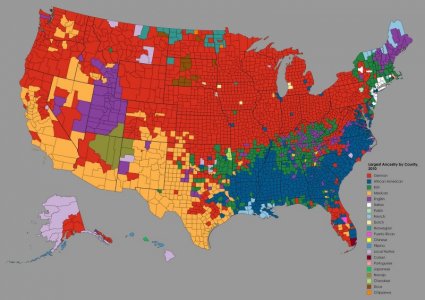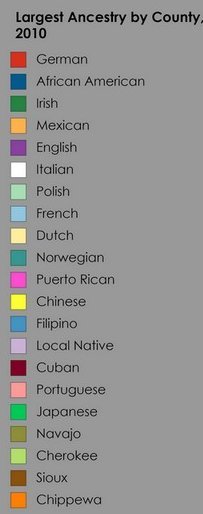VintageBetter
Senior Member
I sure as heck do and here's why. As you may know, Juneteenth became a Federal holiday to celebrate the end of slavery in 2021. Juneteenth | History, Meaning, Importance, & Facts
It had been celebrated in Texas and a few other states for many years. I don't know about you guys, but I was sure never taught Black History in high school or college so there was much I did not learn about the full, centuries-long scope of prejudice against African Americans. But as a result of President Obama winning the election, much media set about educating the general public about things we did not know from high school and college.
The point iof Juneteenth, as I see it, is to celebrate the ending of an OLD system, the slave system, and to usher in the recognition of a new system. There was a very brief window of time where that happened for African Americans during Reconstruction after 1865, but it was a very brief window and was soon SLAMMED shut by political powers and the status quo.
Now, some people have said Juneteenth is a dumb holiday and we don't need to acknowledge it, but if we acknowledge July 4, how is Juneteenth not nearly equal to July 4? July 4 was celebrated while huge numbers of people in America were trapped for 80+ years as slaves! But, full of hypocrisy, the people in power celebrated "freedom" anyway.
The whole point of the Civil War was to grant the rights and blessings of the Constitution to EVERYONE here - not just to one group. I think that is worth celebrating.
It had been celebrated in Texas and a few other states for many years. I don't know about you guys, but I was sure never taught Black History in high school or college so there was much I did not learn about the full, centuries-long scope of prejudice against African Americans. But as a result of President Obama winning the election, much media set about educating the general public about things we did not know from high school and college.
The point iof Juneteenth, as I see it, is to celebrate the ending of an OLD system, the slave system, and to usher in the recognition of a new system. There was a very brief window of time where that happened for African Americans during Reconstruction after 1865, but it was a very brief window and was soon SLAMMED shut by political powers and the status quo.
Now, some people have said Juneteenth is a dumb holiday and we don't need to acknowledge it, but if we acknowledge July 4, how is Juneteenth not nearly equal to July 4? July 4 was celebrated while huge numbers of people in America were trapped for 80+ years as slaves! But, full of hypocrisy, the people in power celebrated "freedom" anyway.
The whole point of the Civil War was to grant the rights and blessings of the Constitution to EVERYONE here - not just to one group. I think that is worth celebrating.



